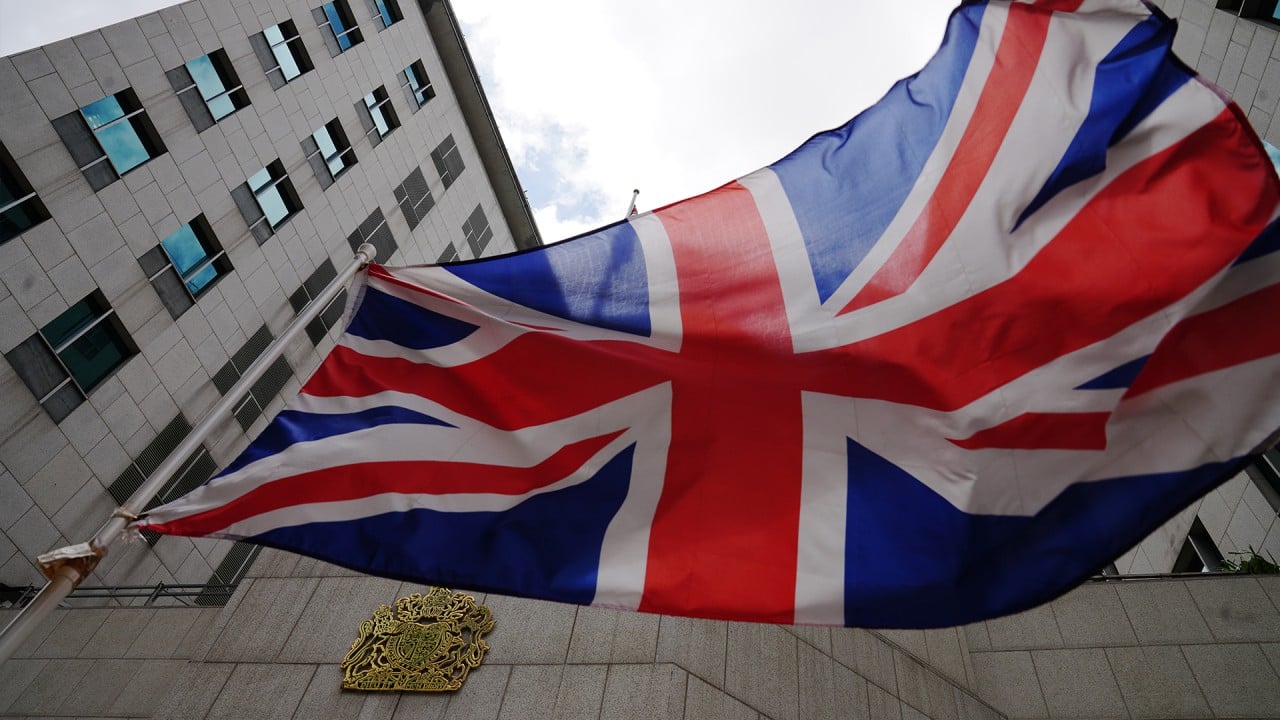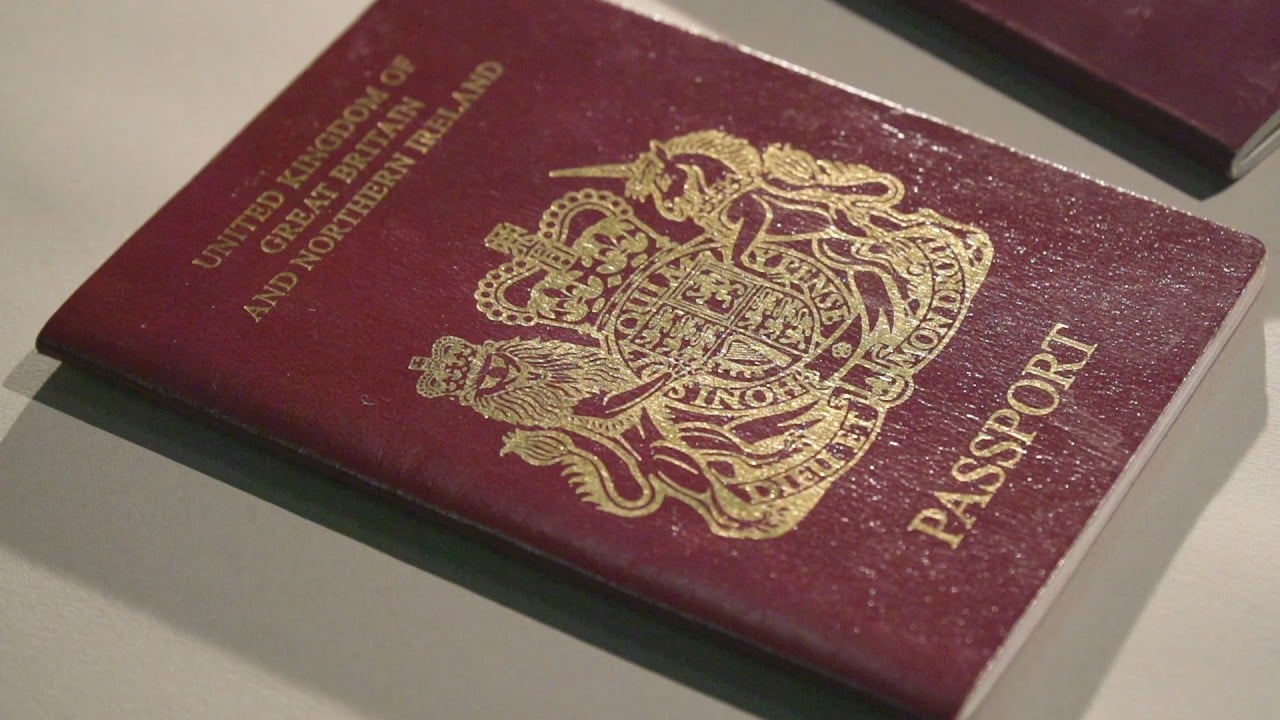
Planning to apply for a UK mortgage? Watch your spending and choose property wisely
- You can apply for a UK mortgage directly from a Hong Kong bank, but only for properties in London’s zones 1 and 2
- As most Hongkongers purchase UK property for buy-to-let purposes, applying for a buy-to-let mortgage is an alternative route
To fund these home purchases, most buyers rely on refinancing their Hong Kong homes for down payments, and then rely on a UK mortgage to finance the rest. In this article, I will offer some recommendations based on my own experience of applying for a UK mortgage.
The answer is: yes, you can apply for a UK mortgage directly from a Hong Kong bank, but only for properties in London’s zones 1 and 2. OCBC Wing Hang Bank is one of the banks in Hong Kong that offers the service. It adopts a similar approval criteria as a mortgage application for a Hong Kong home.
If you purchase a house outside London’s zones 1 and 2, then applying for a mortgage from a UK bank or the UK branch of a Hong Kong bank are your only choices. Things can get tricky. In Hong Kong, the debt to income ratio (DTI) is 50 per cent. Namely, your monthly debt payments cannot exceed 50 per cent of your total income, and this standard is applied by all banks. However, in the UK, this ratio varies depending on the bank’s policy. In general, UK lenders cap the DTI ratio at 35 per cent. If your DTI ratio gets close to 50 per cent, many banks may be reluctant to lend, or will need to raise the interest rate. For homebuyers whose DTI ratio is more than 60 per cent, you may have a hard time finding a lender.

03:14
UK unveils details of citizenship offer for Hongkongers with BN(O) passport holders
To make things more complicated, lenders will also assess what level of monthly repayments you can afford, after taking into account various types of personal and living expenses, and possible changes to your lifestyle. This is called an affordability assessment. For example, if your credit card statement reveals that you consistently spend a significant amount of money on clothing, recreation and childcare, they may include this spending into the numerator of the DTI ratio. If your statement shows that you have to pay tuition fees for your children, that is likely to be considered as debt as well.
Some banks may even consider utility bills as recurring debt. If the lender thinks you will not be able to afford your mortgage repayments in these circumstances, they might limit how much you can borrow. Hence, here is a piece of advice: cut such spending beforehand, if you plan to buy a UK home and to apply for a UK mortgage.

01:38
UK offers Hongkongers with BN(O) passports path to citizenship after new national security law
All BTL lenders require that the rental income, actual or expected, covers the mortgage payment in addition to a margin, which is typically 25 per cent to 30 per cent higher, to cover other costs. The calculation used varies from lender to lender. As a rule of thumb, if you want to have a loan-to-value (LTV) ratio of 50 per cent, the expected or actual rental yield should be more than 4 per cent. Another tip: choose a home with a good rental yield if you want to use the BLT scheme to finance your mortgage.
One advantage of BLT mortgages is that because the DTI and stress test are linked to rental income you expect to receive, as long as your home has a good rental yield, you have a good chance of getting the mortgage approved without the hassle of being scrutinised by the bank for quality of your income, other debt and living expenses or others mentioned above.
The maximum LTV ratio for foreigners applying for a UK mortgage is 75 per cent. Property agents will highlight this ratio to lure you into buying a home from them. Be very cautious. In reality, it is very rare that you get a 75 per cent LTV because of property valuations. Unlike Hong Kong, banks calculate mortgage LTV based on valuation, but not on your actual purchase price. Unfortunately, UK banks are notorious for being too conservative when it comes to property valuations. Very often, the valuation of your dream house will be below the seller’s offer price. Hence, do check property valuations from a mortgage broker before signing the exchange contract, if you must rely on using high LTV to finance your mortgage.
Raymond Chong is the chief executive of StarPro Agency, a mortgage referral brokerage

